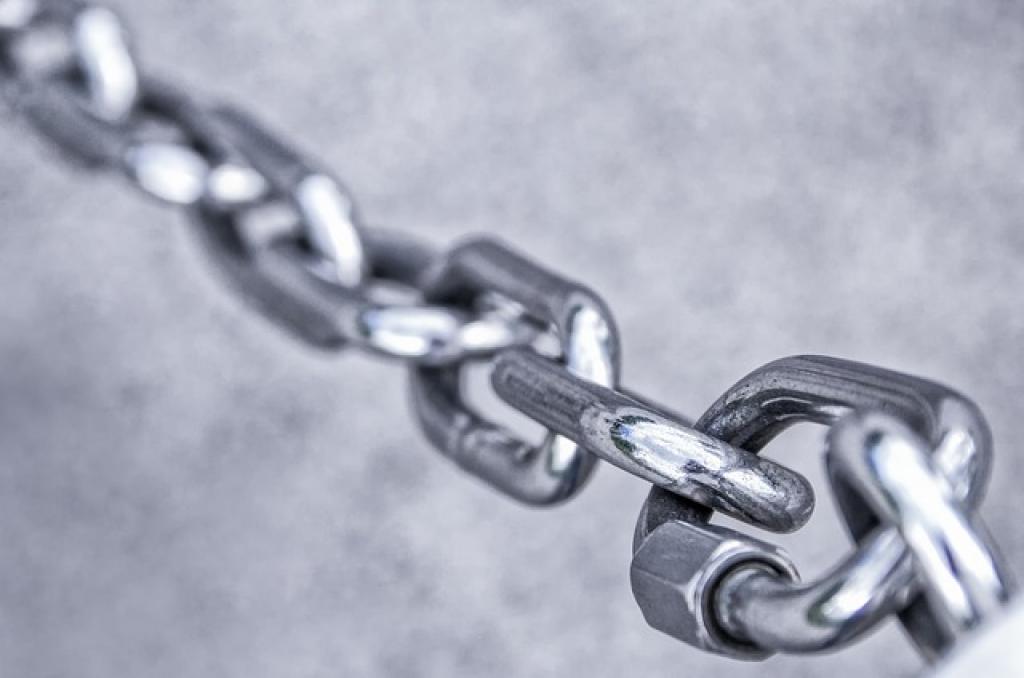The recent public exposure of widespread sexual misconduct within the international community, ranging from NGOs to United Nations institutions, has left many looking for answers. During the 71st World Health Assembly the Global Health Centre and Medicus Mundi International convened some of the actors wanting to walk the talk to prevent and eliminate sexual misconduct to discuss this timely topic. The conversation was held under the Chatham House Rule in order to encourage honest and safe discussion on this topic.
When sexual abuse occurs within an organisational setting, there are indeed three actors involved: the victim, the perpetrator and the organisation. In humanitarian and other fragile settings the rule of law and general infrastructure are often weakened and leave international organisations with an even greater responsibility to ensure the safety of their employees and the local community. Yet, it is precisely in these circumstances where we see a surge of abuse and exploitation. In such settings, the organisation is often the only actor to be able to provide the victim with support. At the same time this setting allows for inflated feeling of impunity and moral licensing among the perpetrators, in particular in the face of inaction from the organisation.
However, many organisations, in particular smaller ones, might feel that talking about sexual harassment and abuse is bad for their business, awkward or even uncomfortable. This results in them choosing to remain silent and avoid the topic. At the same time, other organisations have understood the damaging effect of sexual misconduct on their reputation and credibility. They have chosen to speak up and publicly disassociate themselves from staff found guilty. These organisations have realised that admitting the problem and actively working to eliminate it internally is crucial for the safety of their employees and the communities they work with. Nevertheless, despite this clear self-interest, sexual harassment and abuse still happens. Why is elimination so difficult?
The root causes are linked to the underlying power relations. This involves inequality not just between genders but also between and intersecting with class, race, age and other factors. Socially constructed behaviour models create toxic pockets of (often male) entitlement and homogenous leadership groups facilitate “old boys clubs”- style voluntary and involuntary protection of perpetrators. Both factors perpetuate power imbalance even within the humanitarian and development sectors.
Integrity at all levels of organisation is a crucial element in the fight against sexual exploitation, misconduct and abuse of power. Tools to create and maintain integrity include, among others, not only a properly implemented and transparently applied code of conduct, but also training of staff, reliable reporting mechanisms and independent support systems, such as hotlines and legal aid by trained professionals. Helping staff to understand the unequal power relations in emergency situations and informing them about the consequences of their actions are other ways to reduce the likelihood of misconduct.
The above is linked to a bigger change in the operating culture of international organisations. The international community has long been reactive to sexual misconduct, and many of the suggested mechanisms follow a reactive approach by supporting, investigating and punishing after a violation has already happened. Truly preventative measures need to take into account the root causes and integrate into their analysis an active effort to change mind-set and behaviour.
Moreover, independent complaint mechanisms are crucial as internal mechanisms can place victims vulnerable for further abuse or career dismissal by their peers and supervisors. As the current level of misconduct illustrates, self-regulation and technical responses have not been sufficient. Abuse alone is a grave issue but it becomes a scandal when others stand by and do nothing. Yet, often it is the organisational culture that discourages affected persons from reporting misconduct and taking action against the perpetrator. At times, those who dare to speak out risk their jobs or even careers.
At the moment, many discussions take place about the need to address root causes of sexual abuse, harassment and exploitation but concrete action to identify and proactively address these causes is missing. In order to do justice to the women, men and children who are abused and exploited, we cannot just listen to them; we also need to take action to correct the skewed power structures which allow the abuse to continue and which leaves the victims voiceless and excluded. It is time to stop being part of the problem and become a part of the solution.


